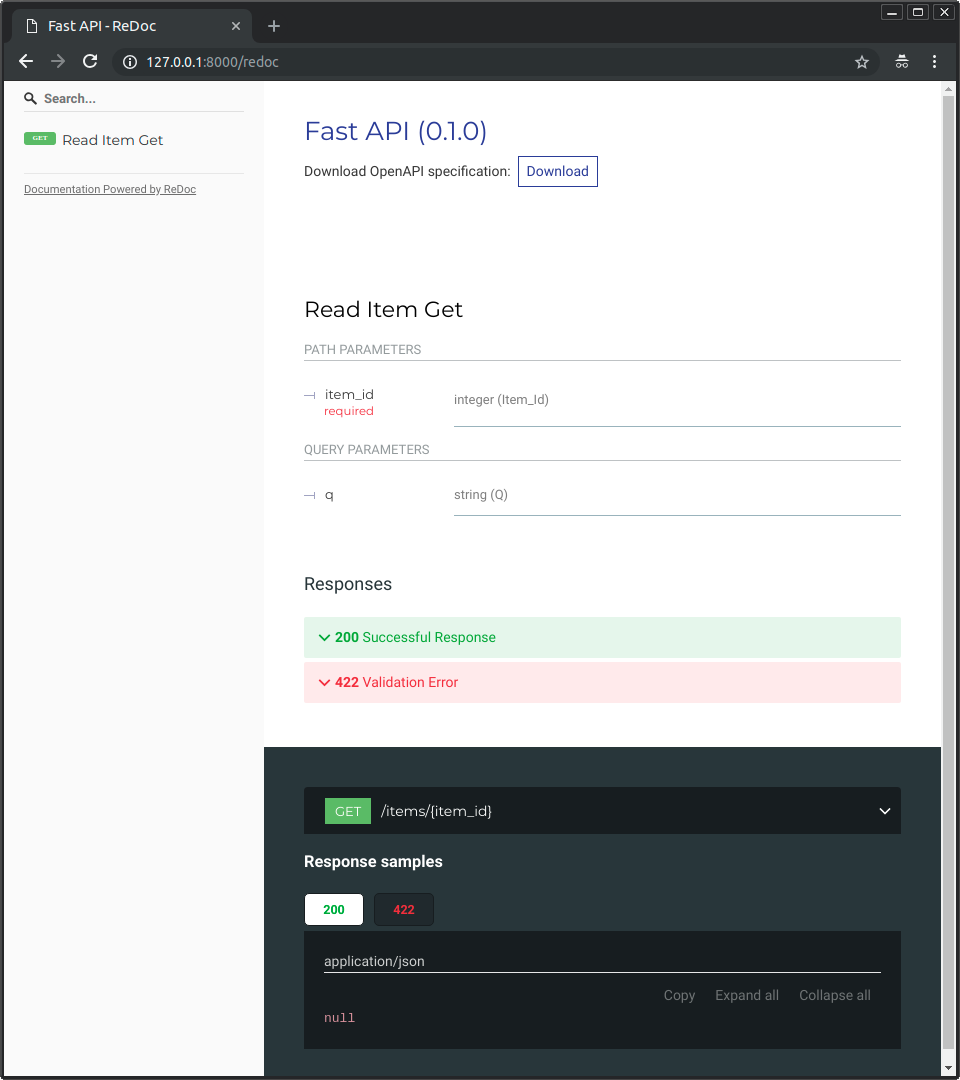- Sort Score
- Result 10 results
- Languages All
Results 1 - 10 of 42 for regenerates (0.06 sec)
-
cmd/api-response.go
// generates CopyObjectResponse from etag and lastModified time. func generateCopyObjectResponse(etag string, lastModified time.Time) CopyObjectResponse { return CopyObjectResponse{ ETag: "\"" + etag + "\"", LastModified: amztime.ISO8601Format(lastModified.UTC()), } } // generates CopyObjectPartResponse from etag and lastModified time.
Registered: Sun Nov 03 19:28:11 UTC 2024 - Last Modified: Thu Oct 31 19:27:06 UTC 2024 - 33.4K bytes - Viewed (0) -
android/guava-tests/test/com/google/common/util/concurrent/GeneratedMonitorTest.java
import junit.framework.TestCase; import junit.framework.TestSuite; import org.checkerframework.checker.nullness.qual.Nullable; /** * Generated tests for {@link Monitor}. * * <p>This test class generates all of its own test cases in the {@link #suite()} method. Every * {@code enterXxx}, {@code tryEnterXxx}, and {@code waitForXxx} method of the {@code Monitor} classRegistered: Fri Nov 01 12:43:10 UTC 2024 - Last Modified: Sat Oct 19 00:51:36 UTC 2024 - 27.1K bytes - Viewed (0) -
internal/kms/kms.go
func (k *KMS) ListKeys(ctx context.Context, req *ListRequest) ([]madmin.KMSKeyInfo, string, error) { if req.Prefix == "*" { req.Prefix = "" } return k.conn.ListKeys(ctx, req) } // GenerateKey generates a new data key using the master key req.Name. // It returns ErrKeyNotFound if the key does not exist. If req.Name is // empty, the KMS default key is used.
Registered: Sun Nov 03 19:28:11 UTC 2024 - Last Modified: Sun Aug 18 06:43:03 UTC 2024 - 11.5K bytes - Viewed (0) -
internal/kms/kes.go
return ErrKeyNotFound } if errors.Is(err, kes.ErrNotAllowed) { return ErrPermission } return errKeyDeletionFailed(err) } return nil } // GenerateKey generates a new data encryption key using // the key at the KES server referenced by the key ID. // // The default key ID will be used if keyID is empty. // // The context is associated and tied to the generated DEK.
Registered: Sun Nov 03 19:28:11 UTC 2024 - Last Modified: Sun Aug 18 06:43:03 UTC 2024 - 7.3K bytes - Viewed (0) -
internal/kms/conn.go
// CreateKey creates a new key at the KMS with the given key ID. CreateKey(context.Context, *CreateKeyRequest) error ListKeys(context.Context, *ListRequest) ([]madmin.KMSKeyInfo, string, error) // GenerateKey generates a new data encryption key using the // key referenced by the key ID. // // The KMS may use a default key if the key ID is empty. // GenerateKey returns an error if the referenced key does // not exist. //
Registered: Sun Nov 03 19:28:11 UTC 2024 - Last Modified: Sun Aug 18 06:43:03 UTC 2024 - 5K bytes - Viewed (0) -
docs/en/docs/how-to/extending-openapi.md
By default, what the method `.openapi()` does is check the property `.openapi_schema` to see if it has contents and return them. If it doesn't, it generates them using the utility function at `fastapi.openapi.utils.get_openapi`. And that function `get_openapi()` receives as parameters: * `title`: The OpenAPI title, shown in the docs.
Registered: Sun Nov 03 07:19:11 UTC 2024 - Last Modified: Sun Oct 27 22:39:38 UTC 2024 - 3.1K bytes - Viewed (0) -
docs/en/docs/tutorial/first-steps.md
 ### OpenAPI **FastAPI** generates a "schema" with all your API using the **OpenAPI** standard for defining APIs. #### "Schema" A "schema" is a definition or description of something. Not the code that implements it, but just an abstract description.
Registered: Sun Nov 03 07:19:11 UTC 2024 - Last Modified: Sat Oct 26 11:48:16 UTC 2024 - 11.8K bytes - Viewed (0) -
android/guava-tests/test/com/google/common/io/FilesSimplifyPathTest.java
* forms are equivalent (though not necessarily minimal, though we hope this * to be the case). Thus, this test is more of a regression test. * * Rough instructions to regenerate the test outputs and verify correctness: * - Temporarily change this test: * --- Comment out assertEquals. * --- System.out.println(input + " " + simplifyPath(input));
Registered: Fri Nov 01 12:43:10 UTC 2024 - Last Modified: Mon Oct 21 14:28:19 UTC 2024 - 10.9K bytes - Viewed (0) -
guava-tests/test/com/google/common/io/FilesSimplifyPathTest.java
* forms are equivalent (though not necessarily minimal, though we hope this * to be the case). Thus, this test is more of a regression test. * * Rough instructions to regenerate the test outputs and verify correctness: * - Temporarily change this test: * --- Comment out assertEquals. * --- System.out.println(input + " " + simplifyPath(input));
Registered: Fri Nov 01 12:43:10 UTC 2024 - Last Modified: Mon Oct 21 14:28:19 UTC 2024 - 10.9K bytes - Viewed (0) -
docs/en/docs/contributing.md
There is a script that you can run locally to test all the code and generate coverage reports in HTML: <div class="termy"> ```console $ bash scripts/test-cov-html.sh ``` </div> This command generates a directory `./htmlcov/`, if you open the file `./htmlcov/index.html` in your browser, you can explore interactively the regions of code that are covered by the tests, and notice if there is any region missing. ## Docs
Registered: Sun Nov 03 07:19:11 UTC 2024 - Last Modified: Sun Aug 25 02:44:06 UTC 2024 - 12.7K bytes - Viewed (0)